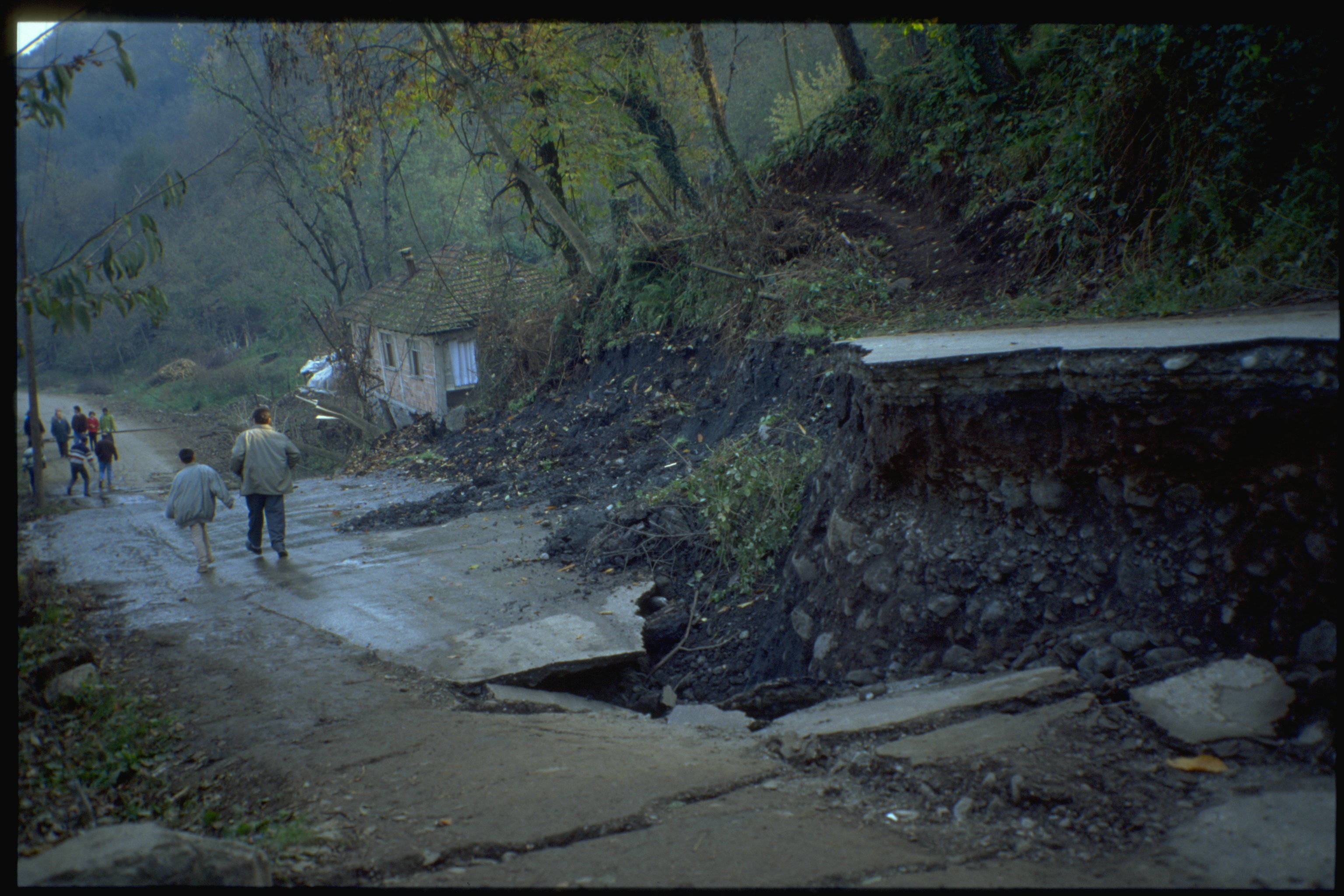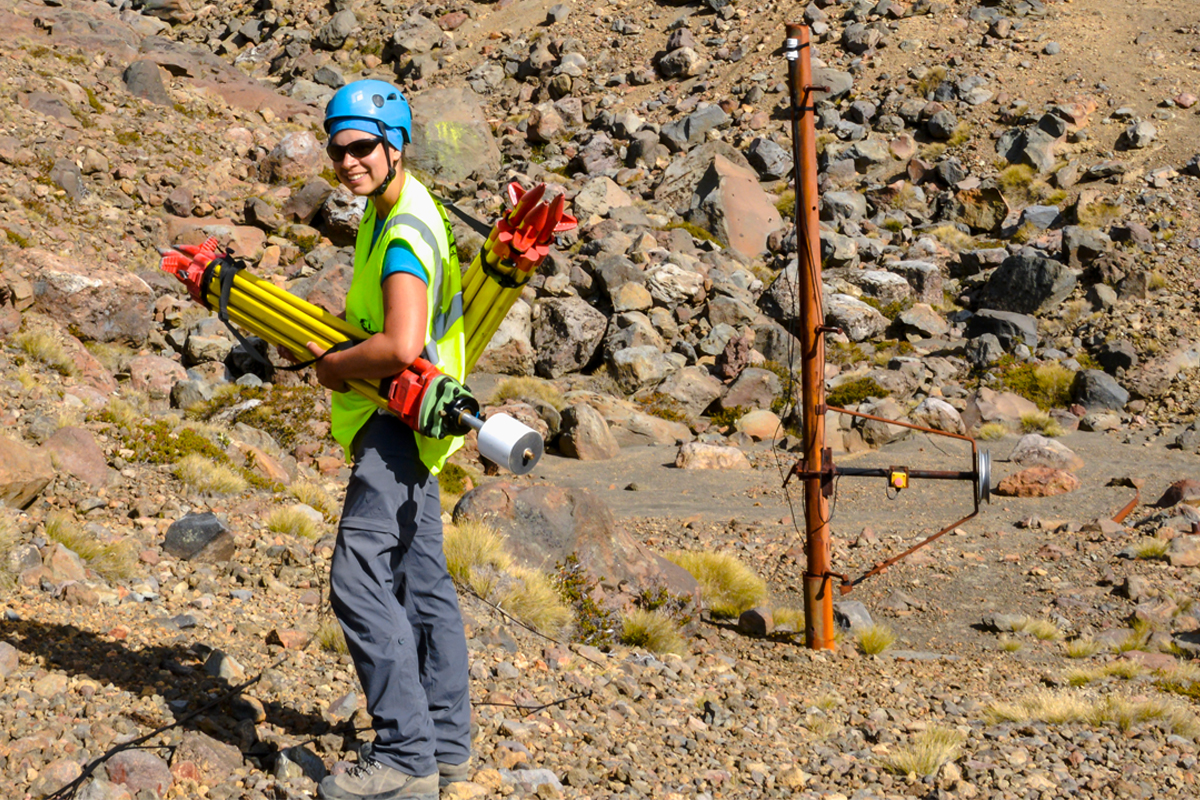All Categories
Featured
Table of Contents
Careers With Geophysics - Ocean And Earth Science ... in Lockridge Australia 2020
This work is increasingly contracted out, so consultancies provide another source of work. Consultancy companies differ in size, from very little business to big multinationals. Some consultancies are quite specialised in using particular geophysical techniques or working in specific areas, while others use a more diverse range of services to their consumers.
The extraction of gas from land fill sites is another area of employment and this may grow in the future. Exploration business might undertake work for building firms, water companies, mining business and environmental companies, so geophysicists may be employed in any of these settings. Other companies consist of: geological surveysgovernment bodies and agenciesuniversities and research study institutes.


Jobs might be noted in the oil and gas sector press. Recruitment is affected by oil cost fluctuations and the level of competitors for positions varies depending on this. Professions Days, which cover the full variety of geoscience professions and are normally gone to by a variety of essential industry companies, are run by The Geological Society.
Geophysics, Engineering Geophysics And Applied ... in Brentwood Oz 2020
Some of the big oil and gas companies use a complete two-year structured training programme across the breadth of geophysics, including the opportunity to experience operate in numerous groups prior to specialising in one location. Your training may consist of deal with: existing wellsmagnetic and gravitational prospective field data analysisresearchrock analysis. It's more usual for your preliminary training to be provided on the task.

There may be a probationary duration throughout which you work together with an experienced colleague. Competency-based appraisals take location frequently in many firms. In smaller sized companies, and for academic posts, there is not likely to be any official training - you'll be expected to begin work straightaway and get abilities as you go along.
If you work for a smaller sized business, you may find that you need to take duty for setting up and funding your own advancement and training. If you have a geology degree, membership of The Geological Society can be helpful for networking and for keeping up to date with the market.
Airborne Geophysical Measurements in Rockingham Oz 2021
You may likewise discover it helpful to join the PESGB (The Petroleum Exploration Society of Great Britain, which has a geophysics unique interest group. After a probationary period, and when you've gained some experience, you could advance to senior geophysicist, then group leader and after that into a senior function in management.
The ease of movement in between functions depends upon the business structure. Research study at Masters or Ph, D level in a subject associated to geophysics or geosciences might aid with your profession development and progression. The work market within the oil and gas market is really reliant on price and this may affect your chances for profession progression.
However, not all jobs are dependent on the oil and gas markets. For knowledgeable geophysicists, freelance consultancy provides a good path for career development. You can likewise specialise in a specific area of geophysics. As a geophysicist, you're likely to have numerous jobs throughout your working life. International movement is crucial for handling peaks and troughs in different nations at various times.
Geophysical Consulting in Belmont Western Australia 2023
From geophysics, it's possible to concentrate on seismology (completing more training to end up being a seismic interpreter) or to move into related areas such as engineering geology or risk prediction.
Deciding what to study in college is a hard option. Even if you know that your field of interest lies in science, what program of study is right for you?
The very first action to achieving your goal of becoming a geophysicist is making a degree. Even for entry-level positions in the field of geoscience, you'll require a bachelor's degree (a geophysicist college degree) from an accredited college or university. Geophysicists should be able to: analyze rocks, pictures, and other pieces of data conduct research study both in the field and in labs develop maps and charts of their findings write reports To achieve all this, students need a specialized education for geophysicist careers.
As specified above, you'll need a bachelor's degree in geoscience or an associated discipline, such as a physical science or a life sciences, to land an entry-level job. However students can likewise prepare by learning subjects like: Biology Chemistry Computer system science Engineering Mathematics Physics The above geophysicist majors offer a more generalized method to a single scientific discipline, but the majority of programs need students to take one or more geology course.
Latest Posts
Geophysical Surveys Definition & Meaning In Stock ... in Murdoch Oz 2023
About Environmental Geophysics in Middle Swan Aus 2022
Geophysicist Job Description in Australia 2021